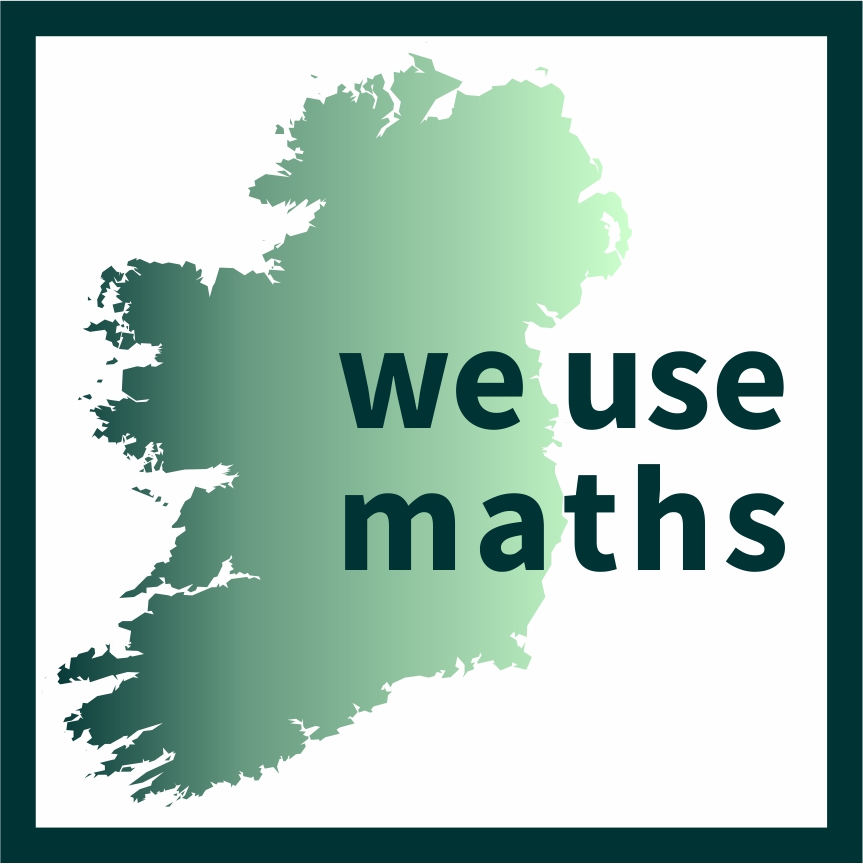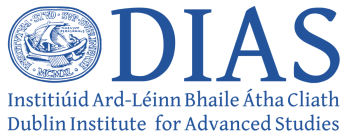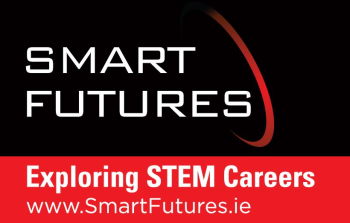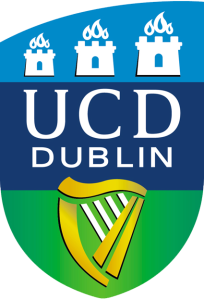Peter Cogan:
Data Science Manager: Amdocs

Your name?
Peter Cogan
Your job title?
Data Science Manager
What are the main tasks and responsibilities?
- Amdocs is a global provider of telecom solutions and had recently entered the market for Big Data and Data Science as a Service for its telecom customers.
- Although Amdocs has Data Scientist strategically located around the world, the core of the team ( and the largest group ) is in Dublin.
- I run the Data Science team directly in Dublin and also have functional responsibility for Data Scientists across the globe.
- Most members of the team have PhDs in Computer Science, Statistics or Physics like myself.
The things you are employed to do for the organization?
Globally manage Amdocs Data Scientists, supervise internal and external projects, create ideation and innovation.
Describe a typical day?
Lots of time spent meeting my team, getting updates and providing direction. Lots of team spent with senior management on strategy.
What do you find most interesting ?
Daily challenges delivering value to customers using their data. Lots of opportunity to innovate.
What’s not so cool? What are the main challenges?
Sometimes too many meetings
How do you use mathematics within your job?
Primarily on the innovation side of things – many of the algorithms we use in machine learning depend on linear algebra. Understanding how this works is critical for the correct use,development and deployment of machine learning technologies. Elements of calculus are also relevant in several techniques.
What type of mathematics do you use to solve problems?
Mostly linear algebra, also some calculus
Who or what has most influenced your career direction?
I think the most important thing that has influenced my carrer trajectory has been my interest in problem solving and understanding things. This interest led me to a degree and PhD in physics and I had several important mentors there who helped guide and influence my problem-solving ability.
Does your job allow you to have a lifestyle you are happy with?
Yes – but it takes some level of effort to control your own day. With 24 hr connectivity, it is easy to get sucked in to work and find yourself checking emails in the evenings and at the weekend. Sometimes this is necessary, but sometimes it is not.
What subjects did you take (and why did you take them?) in school and did they influence your career path?
Apart from the core subjects I took Physics, Applied Maths, Chemistry, Economics and French. I think the Physics and Applied Maths were very important as they influenced my decision to study physics in college.
What is your education to date?
Secondary: Gonzaga College 1999
Primary Degree: UCDBachelors of Science (Joint Honors Experimental and Mathematical Physics) 2003
PhD: UCD Doctorate in Very High Energy Gamma-Ray Astronomy 2008
What aspects of your education have proven most important for your job?
Any aspect of my education that ensures I learn the ability to think for myself. Rote learning is very dangerous – you need to find challenges that really make you think.
Did you like maths at school?
Yes I really liked it – it wasn’t always easy but this was part of why I liked it. Even if I couldn’t solve a homework problem I enjoyed learning what I did right and wrong the next day.
What aspects of the mathematics curriculum or mathematics courses have proven most important for your job?
I think in general mathematics teaches you about solving problems by deconstructing problems into little pieces that can be solved step-by-step. This is the most important thing and can be applied in many areas.
What other skills do you think someone should obtain if they wanted to pursue your career?
English is the international language of business and science – make sure your English (spoken and written) is top notch. Learn at least one object-orientated programming language like Java. You also need a scripting/data science language/toolset like Python.
What advice would you give to someone considering this job?
You must have a genuine interest in understanding new and challenging problems. You have to understand how to work by yourself and also as part of a team. If you are not self-motivated to keep learning in this field you will sink!
What kinds of work experience would provide a good background for this position?
This is a really tough problem as companies are generally not interested in hiring people for work experience in this area. Some companies might do internships (3 to 6 months), but that is really only applicable after university. A good idea would be to get going with some MOOCs like those offered by Coursera, go learn Python yourself (there’s tons of free online material), and participate in some open data competitions led by groups such as kaggle.





